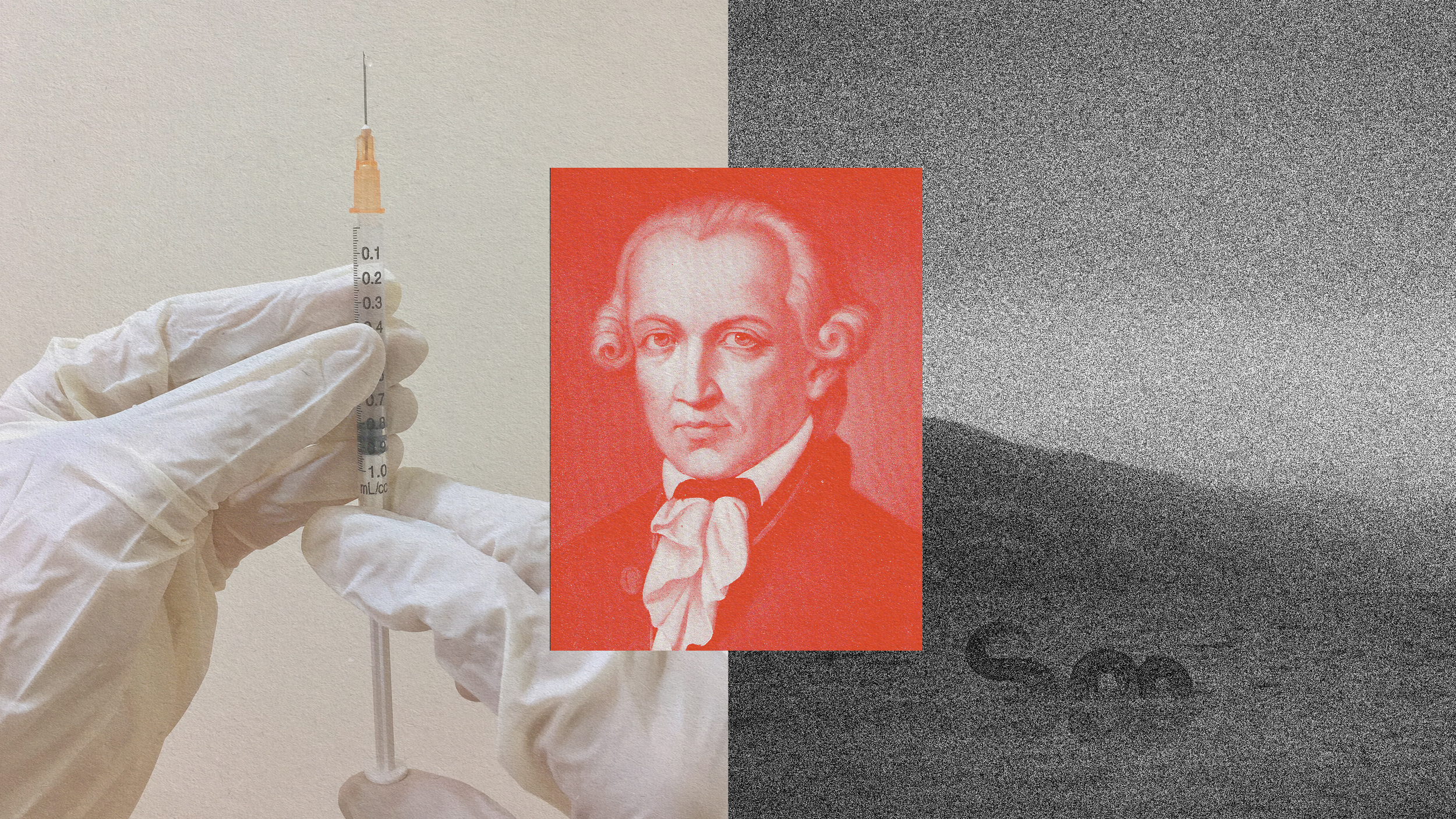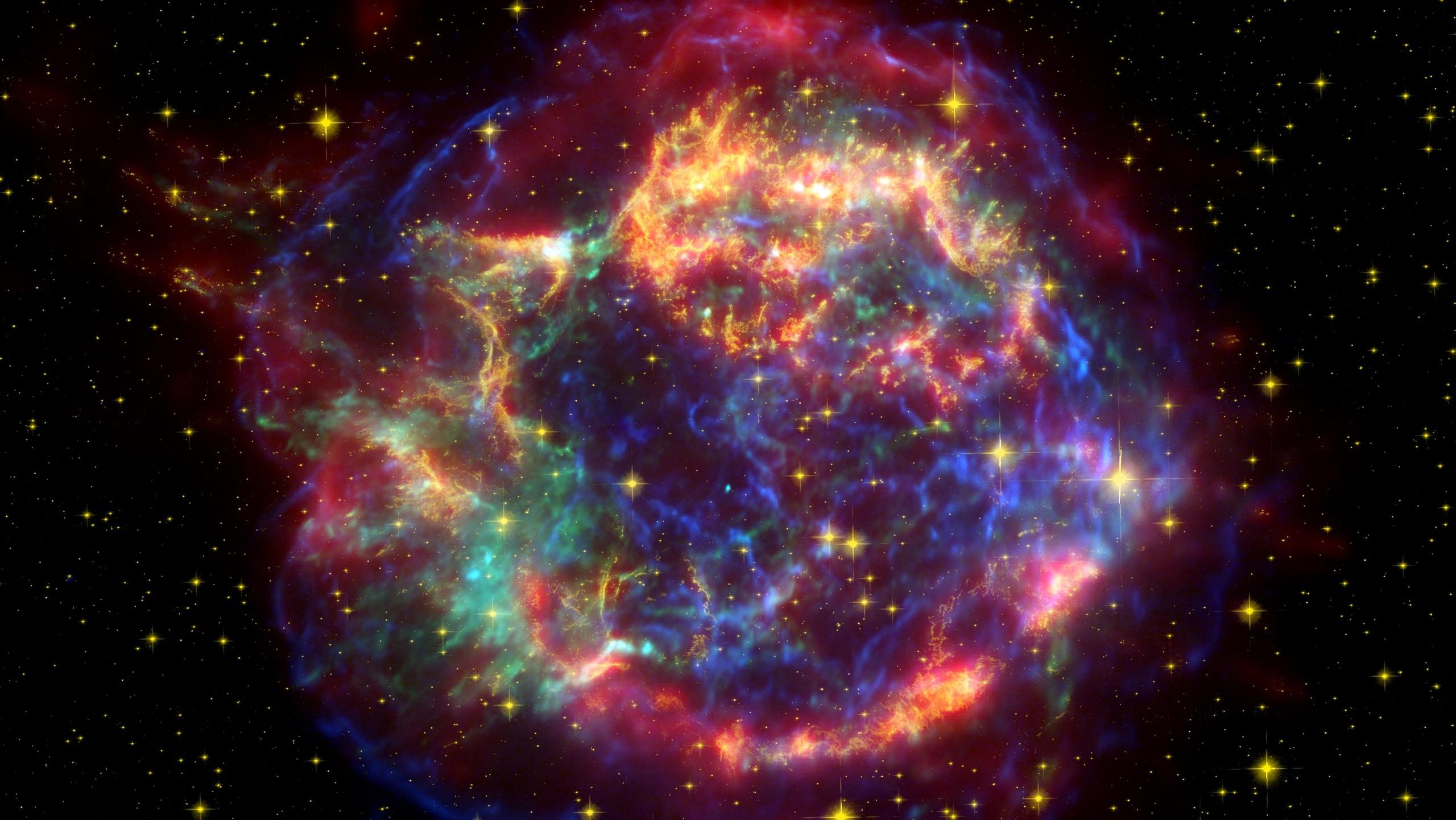The incident wasn’t actually a rebellion, says Adi Ignatius.
Question: Why was Zhao's story an important story for you to tell?
Adi Ignatius: After the crackdown in 1989, the Chinese government has sort of spun its version of what really happened, what was that movement all about—this was 20 years ago, a whole generation. So there are a lot of young Chinese people who don’t really know the truth about what happened then.
The truth as Zhao describes it is this was not a protest movement that threatened the state or order. In fact, it was almost entirely peaceful, and the people who participated had various reasons for taking part but they were idealistic.
What Zhao’s book makes clear is there was somebody at the highest levels, in fact the highest level, who saw that we did not need to crack down this movement, that there was an energy there that was about making China a better place, helping China’s reforms continue—and people in China don’t realize that. The line that they’re fed now is that there was rebellion, there were some bad people manipulating it, it had to be put down, and any reason will government would do the same thing they did if there was rebellion in their capital.
The truth is, there wasn’t a rebellion until the government sent troops in and brought everybody in Beijing out in the street in a state of agitated concern and at that point they had a lot of people who were fighting them, and they shot their way through the city and into Tiananmen Square.
I think it’s important to tell the truth about what happened in Tiananmen, but more importantly, Zhao talks about the need in China for a democratic system. He talks about a kind of Western parliamentary system. This is then no longer about history—it enters the dialogue about the concerns Chinese people are having all the time about the future of China. What does China need to be? The deal that the government is offering them is, ''We will let you get rich, but we will not give you any political freedom. If you challenge the state, if you challenge the communist party, you may be arrested. You may be 'disappeared'.''
I think what this book is showing is that, now, at this high level, there are people who are thinking about another way where political freedom can not only assist in economic development but can be valuable for society in its own right. Who knows how this book will affect that dialogue?
Question: What was Zhao’s relationship to the events of June 4th?
Adi Ignatius: One of the reasons that things got worse is that when the student movement really broke out, Zhao was in North Korea. This was a long standing state visit he felt he couldn’t cancel, so he was out of the decision making at a very crucial point when this movement would have, I think, died out pretty quickly.
Students first started to march after the death of Hu Yaobang, who had been party general secretary until being purged a couple of years earlier. He wasn’t the most charismatic figure in the world but he was a relative liberal—he was real, and had a heart that a lot of these communist party officials don’t show, and so when he died the students used him as a symbol to express their discontent with a lot of things including the general level of political freedom.
I really think this would have died down relatively quickly had the government not made the very unfortunate decision of printing a very scary editorial in the official mouthpiece, People’s Daily, that branded the student movement as unpatriotic and counter-revolutionary—terms that are very charged in China.
They were basically applying these terms to students who had felt idealistic, felt they were keeping up a tradition of marching and protesting in the interest of Chinese society. It had the effect. It was very disappointing and taken as a challenge and so the day after this editorial, which was meant to intimidate them and get this thing over with, the biggest protest to date erupted. When Zhao came back from North Korea he was basically saying, “Look there was this editorial that made things worse. Let’s back away from it. Let’s find a way from it. I’ll even take responsibility for it. So it was my mistake but we need to back away from this because it has clearly makes things worse.”
Now, here you have the problem with a non-modern political system. Basically, the editorial represented Deng Xiaoping’s thinking. Deng was the supreme leader of China then. He didn’t even have a title but everybody knew he was the leader. So there was a sense, ''If you back down from this editorial, Deng Xiaoping will lose face.'' That argument played out all the way to the end when it was decided, rather than have this octogenarian lose face, it’s better to unleash the troops, send the tanks into Tiananmen Square, kill hundreds of people—because the alternate would be lost of face. I mean I’m simplifying a little bit, but in a sense that was where the battle lines were drawn internally but Zhao had thought, “We can back down, let me take the fall for this,” and the party wouldn’t allow that.
Question: Did he have a clear conception of what they were fighting for at Tiananmen?
Adi Ignatius: Initially we all called the protesters pro-democracy protesters—it was easy shorthand. There was a backlash I think in analysis of it; people say, “Well, it wasn’t about democracy; these kids didn’t know what they wanted, people were out there for various reasons.” I think that misses the point. Basically they were out there because they didn’t like the system—it’s not unlike the protest in the Iran right now. Do people want to overthrow the state? Do they know what they want as an alternative? Not necessarily. But they know they are not happy with the way this election is going—to me that’s essentially democracy. People are saying, “We want a better political system.”
So it was a little bit chaotic. People were talking about democracy. They were talking about fighting corruption. They were talking about some smaller concerns that they had. But I think Zhao did understand the somewhat mixed message. He thought there was a way to take a softer line to compromise and to essentially harness this energy for the good of China and not to view it as a threat to the state.
The turning point was when the hardliners wanted to bring in the army to clear the protesters and Zhao said, “I can’t do that.” And in the communist state you can have vigorous debate behind the scenes, but there's an idea of democratic centralism: once there is a decision everybody sort of lines up and supports it. But Zhao just said, “I can’t do that. I’m not going to be the general secretary who authorizes lethal force against this protest movement.”
At that point he was out—that was maybe 2 weeks before the Tiananmen massacre happened. But that was it for his career; the die was cast. The army was going to come in and it was just a question of when.
Question: How does this book clear up history surrounding the events at Tiananmen Square?
Adi Ignatius: I think that 20 years ago people all around the world were caught up in the idealism. It was one of the first things CNN was broadcasting daily into our homes—from Tiananmen Square, it really captured the imagination. But even overseas I think people forgot whether the crackdown eventually was justified, how it had gotten out of control, whether it had to become violent, if the state not functioning because of it.
I think the book makes it clear that this was an idealistic peaceful demonstration that could have been handled better and, more than that, what you realize from the book is that that the debate then is still the debate now. I mean, this is 20 years ago but essentially it’s the same China. Yes, you’ve had economic liberalization that’s been successful, but political reform has to follow in a healthy society—that was the debate then, and Zhao was a relative liberal in that debate. He lost. That’s still unresolved and it’s just not going to disappear. It’s going to bubble up from time to time. I actually think this book and Zhao’s argument will now become part of that discussion.
Recorded on: June 19, 2009





